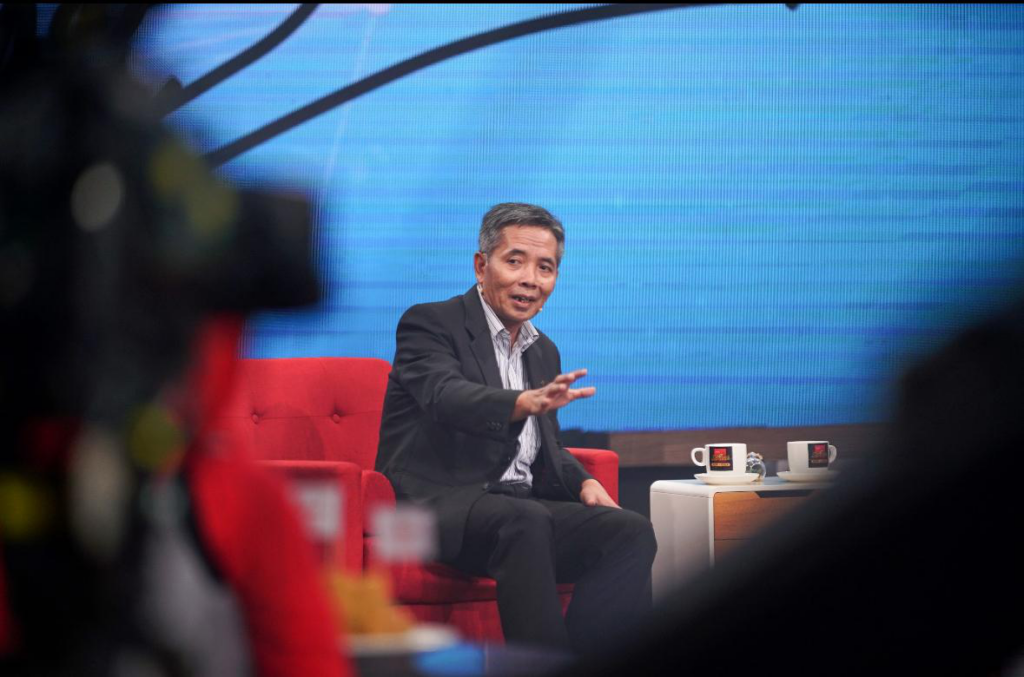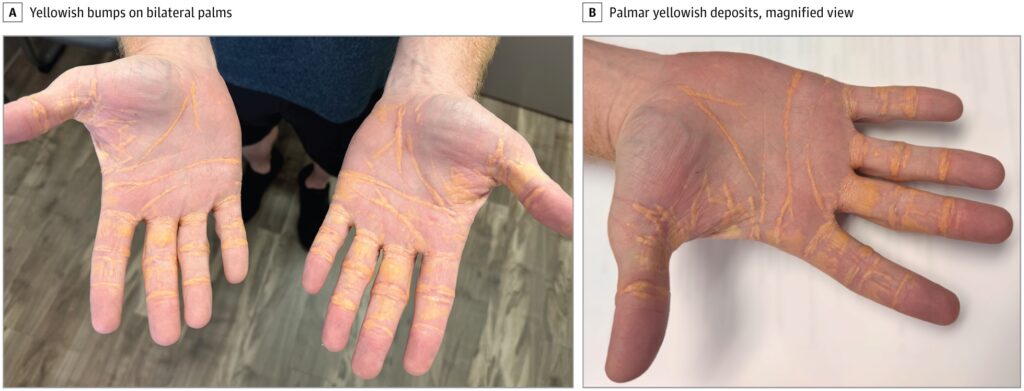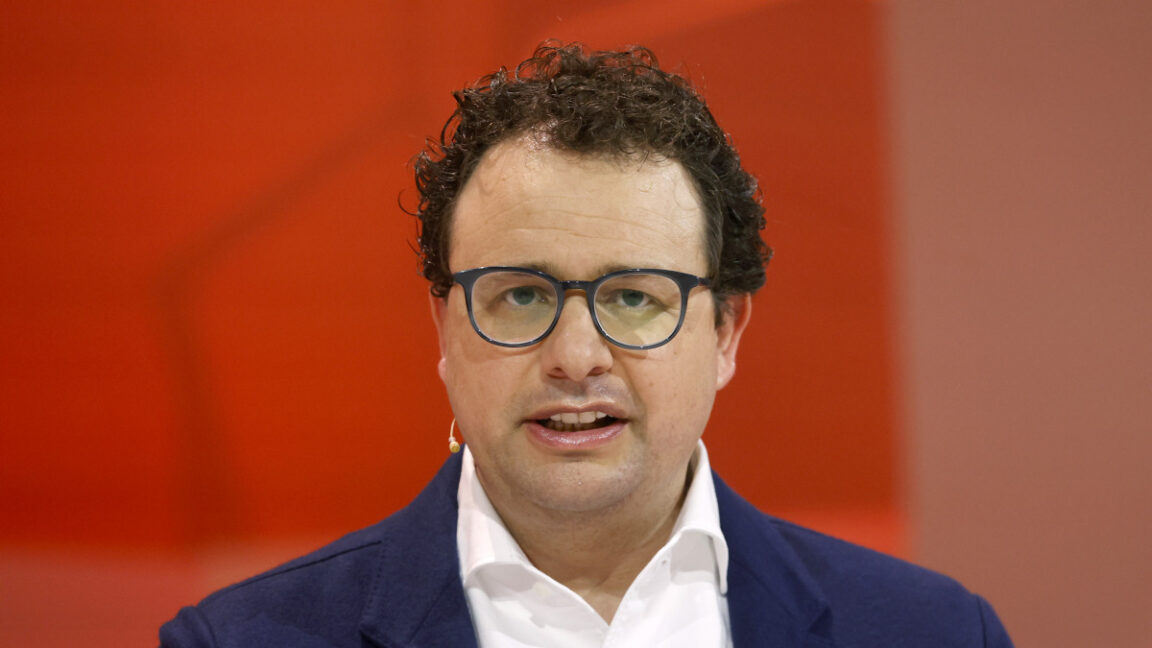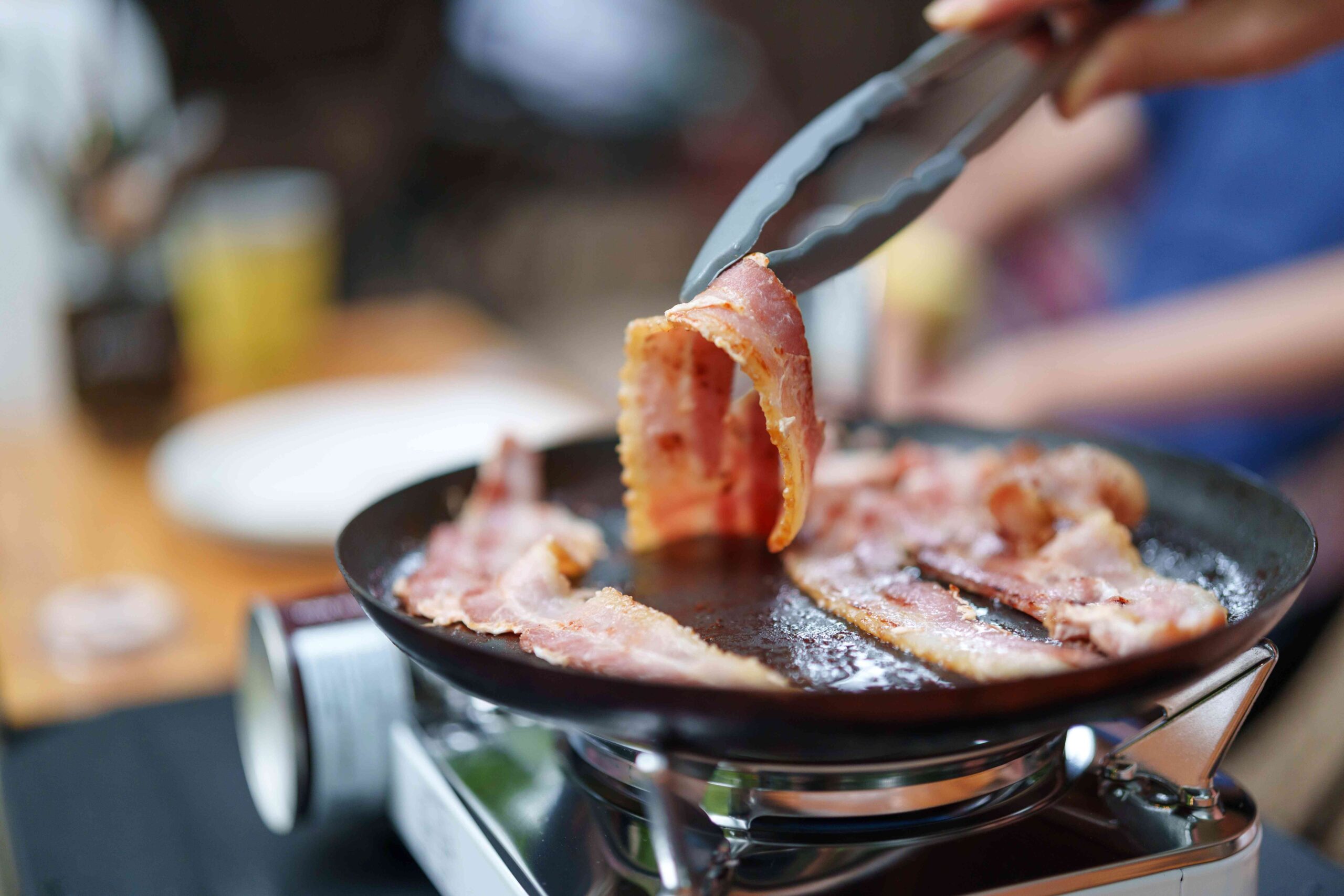Edit Content
Trending






Over two years beginning 2015, an arbitrator appointed by the Lodha family crafted multiple family settlement agreements and arbitration awards. Finally, by the end of 2017, family members agreed that the elder brother would take over the reins of the flagship Lodha Developers, while the younger one would transfer his ownership to his mother, with the assurance that all business would eventually be divided between the two. Additionally, Abhinandan was given two businesses, Lodha Ventures and Lodha FinServ, apart from about ₹500 crore.
If the aim was to prevent conflict, the plan was a failure. Less than eight years after what appeared to be succession planning, the two brothers have locked horns.
Macrotech Developers–the listed holding company of the Lodha Group under Abhishek–on Monday moved the Bombay High Court seeking to restrict The House of Abhinandan Lodha, started by Abhinandan, from using the Lodha name. On Tuesday, the court asked Macrotech Developers to file the case, again, according to lawyers representing the two factions.
But the battle over the brand is just the tip of the iceberg; the faultlines run much deeper. Ironically, these can be traced back to the 2017 settlement that was designed precisely to avoid such bickering.
Macrotech Developers argued in its petition that between 2008 and 2014, there was a significant increase in debt, which caused stress in the family. The turmoil soon led to the family looking at a settlement agreement, in which it was initially agreed that each family member would take some assets and some debt, said a person close to Macrotech Developers.
“We have just come across an annexure of a press release sent by Concept Public Relations, the PR agency of Macrotech Developers, where on page one and point 5 of the annexure, they have stated that Mr Abhinandan Lodha was given ₹1,000 crore,” said a spokesperson for Abhinandan Lodha. “This is a lie which is contradicting their own case in court filed last week, where they have attached the family settlement agreement of 2017, which clarifies that under all the awards and settlement documents, Mr Abhinandan Lodha has received ₹429 crore and some apartments, all amounting to ₹500 crore,” a spokesperson for Abhinandan Lodha said in an email response.
“My elder and only brother Abhishek Lodha asked me to separate from the family business and start something new,” said Abhinandan Lodha, who claims the lawsuit came as a “surprise”.
“Consequently, between 2015 and 2017, multiple family settlement agreements and arbitration awards were passed by a sole arbitrator appointed by the family, despite me being out of Macrotech Developers Ltd. During this process, I was asked to transfer my shareholding in Macrotech Developers Ltd to my mother with the clear understanding between the four of us and the assurance from each family member that I was entitled to my share in the family business and that all business assets would eventually be divided equally between my brother Abhishek and I,” Abhinandan said in response to a Mint questionnaire. He said he received just ₹500 crore across all awards and settlement documents, “as I was told that Macrotech Developers Ltd is not in a position to pay more then.”
Abhinandan claims that he repeatedly helped the family’s crown jewel Macrotech Developers during its debt crisis in 2018-19.
“Macrotech Developers Ltd has borrowed multiple times from my company Lodha FinServ from 2017 to 2020. In aggregate, the loans amounted to over ₹900 crores while the peak outstanding at any given time was ₹175 crore,” said Abhinandan Lodha.
Macrotech Developers argued in its petition that between 2008 and 2014, there was a significant increase in debt, which caused stress in the family. The turmoil soon led to the family looking at a settlement agreement.
He added that in 2019, when Macrotech Developers was squeezed by spiralling premium on its London-listed bonds and thinning credit lines, the elder brother and the company approached him. Abhinandan claims that his companies gave corporate guarantees of ₹250 crore, and he gave personal guarantees of over ₹2,000 crore. “I even mortgaged my flat and raised funds to support Macrotech Developers Ltd. This is all a matter of record,” he said. “All of this was done as a responsible member of the family and in the interest of the family.”
Since then, Macrotech Developers has managed to turn the corner. In April, the company received a rating upgrade from Crisil Ratings and Icra. The two agencies rated the company’s long-term debt AA—compared to A+ earlier.
The company’s gross debt narrowed to ₹7,680 crore on 31 March, 2024, from ₹9,050 crore a year prior. The gross debt to cash flow from operations ratio was 1.30 times as of FY24 end compared to 1.80 a year prior. Crisil Ratings expects gross debt, excluding lease rental discounting debt, to be maintained at around 1.0 times the cash flow from operations over the medium term, according to a report dated 31 March, 2024.
While Macrotech’s debt woes have eased since then, Abhinandan claims his elder brother is yet to honour his end of the bargain.
“(I was to get my) rightful share in the future post the IPO of the real estate business. Unfortunately, after my exit, the commitments and payments that were to be made to me have not been honoured despite various promises being made until recently,” said Abhinandan. He declined to share his “rightful share” in Macrotech Developers, in which his elder brother and promoters own 72%.
Abhinandan Lodha claims that there is a more fundamental rift between the two brothers.
“We feel the genesis of the dispute is the success of our new generation plotted land business under our company The House of Abhinandan Lodha, which Macrotech Developers is unable to digest,” said Abhinandan.
“I re-started my real estate journey in 2021 and created ‘House of Abhinandan Lodha’ from scratch. It appears now that the success of ‘House of Abhinandan Lodha’ is not digestible, and they want to throttle the growth of HoABL, which is indeed a matter of great sadness.”
Macrotech Developers did not respond to these allegations. If the company responds, this story will be updated accordingly.
This brings us to the latest flashpoint between the two brothers–the Bombay High Court case.
On Monday evening, Macrotech Developers asked the Bombay High Court to intervene and stop the House of Abhinandan Lodha from using the Lodha name. Macrotech argued that prospective buyers were confused about whether the two companies were identical.
“Plaintiff No. I (Macrotech Developers) addressed a letter to Defendant No. I (House of Abhinandan Lodha Estate Holdings) on 8 September, 2024, stating that it had recently come to Plaintiff No. l’s attention that Defendant No. I was using its brand name ‘Lodha’ and ‘Lodha Group‘, as well as certain domain names with the ‘Lodha’ brand, which incorrectly suggests that the domain names used by Defendant No. 1 belonged to Plaintiff No. 1,” said the complaint.
“It is evident from the actions of (defendants) that they are attempting to misappropriate the goodwill and reputation garnered by the (plaintiffs) with the sole intention to illegally earn quick money,” it alleged.
The alleged infringement of Lodha’s name had caused Macrotech Developers over ₹5,000 crore in provisional loss, the company claimed in its petition, a copy of which Mint has seen. It now wants the court to stop the House of Abhinandan Lodha from using the Lodha name.
Abhinandan claims there was no non-compete agreement between the two brothers in real estate.
“We are very clear that we are into plotted development and no high-rise buildings and largely operate in locations where Macrotech is not present and this was by choice,” he said.
“Lodha Ventures and Lodha FinServ were given to me as part of the settlement process, and the understanding was that the name ‘Lodha’ was not to be used on a standalone basis in real estate,” said Abhinandan. Hence, the name was being used in conjunction with other terms, such as Lodha Ventures, The House of Abhinandan Lodha, and Lodha FinServ.
While The House of Abhinandan Lodha’s operations are modest compared to Macrotech Developers’, experts said using the name Lodha, even as part of a more prominent brand name, is likely to have helped the company gain credibility among customers.
“Brand is one of the biggest drivers of sale in the real estate sector as it is the largest investment that most individuals make in their lifetime,” said Pankaj Kapoor, managing director of Liases Foras, a real estate data and analytics firm.
Consumers prefer established brands because they can be assured that the project will be delivered on time and that the construction will be of good quality. Hence, established brands like Lodha also command a premium over others, he said.
Brand is the biggest drivers of sale in the real estate sector as it’s the largest investment that most individuals make. -Pankaj Kapoor
“The Lodha brand adds a lot of credibility, just like other big-name developers like Godrej or Hiranandani. That could be one of the reasons why the Lodha brothers are fighting over the brand,” Kapoor said.
The Lodha family isn’t the first to see a split in business as a new generation takes over. Earlier, others like the Hiranandani Group and the Raheja Group have also split businesses, with each faction retaining brand usage rights. The latest group to see such a split was the Godrej Group, where the two factions have demarcated the usage of the brand in the real estate sector.
Eventually, Macrotech’s minority shareholders took the biggest hit after the dispute became public. On Tuesday, Macrotech’s valuation eroded by over ₹6,000 crore, ending with a market cap of ₹1,14,353 crore. The session also saw the benchmark Nifty50 index close 1.28% lower amid an investor selloff.
“Much of this fall is attributable to today’s market rout. Considering the market selloff, a 5% fall is pretty okay for Macrotech Developers,” said Nirav Karkera, head of research at Fisdom, a wealth management platform. “A stock has a negative overhang in disputes like these.”
Investors tend to be particularly mindful when disputes involve intangible assets like brands, as it is difficult to estimate the value of damages and, thus, the risk involved. When a company is involved in a dispute like this, it also raises many concerns around brand reputation, goodwill, and impact on management—especially in a promoter-run business, he said.
“So to err on the side of caution, investors try to wait out the event,” he said.
©2024. Livebuzznews. All Rights Reserved.